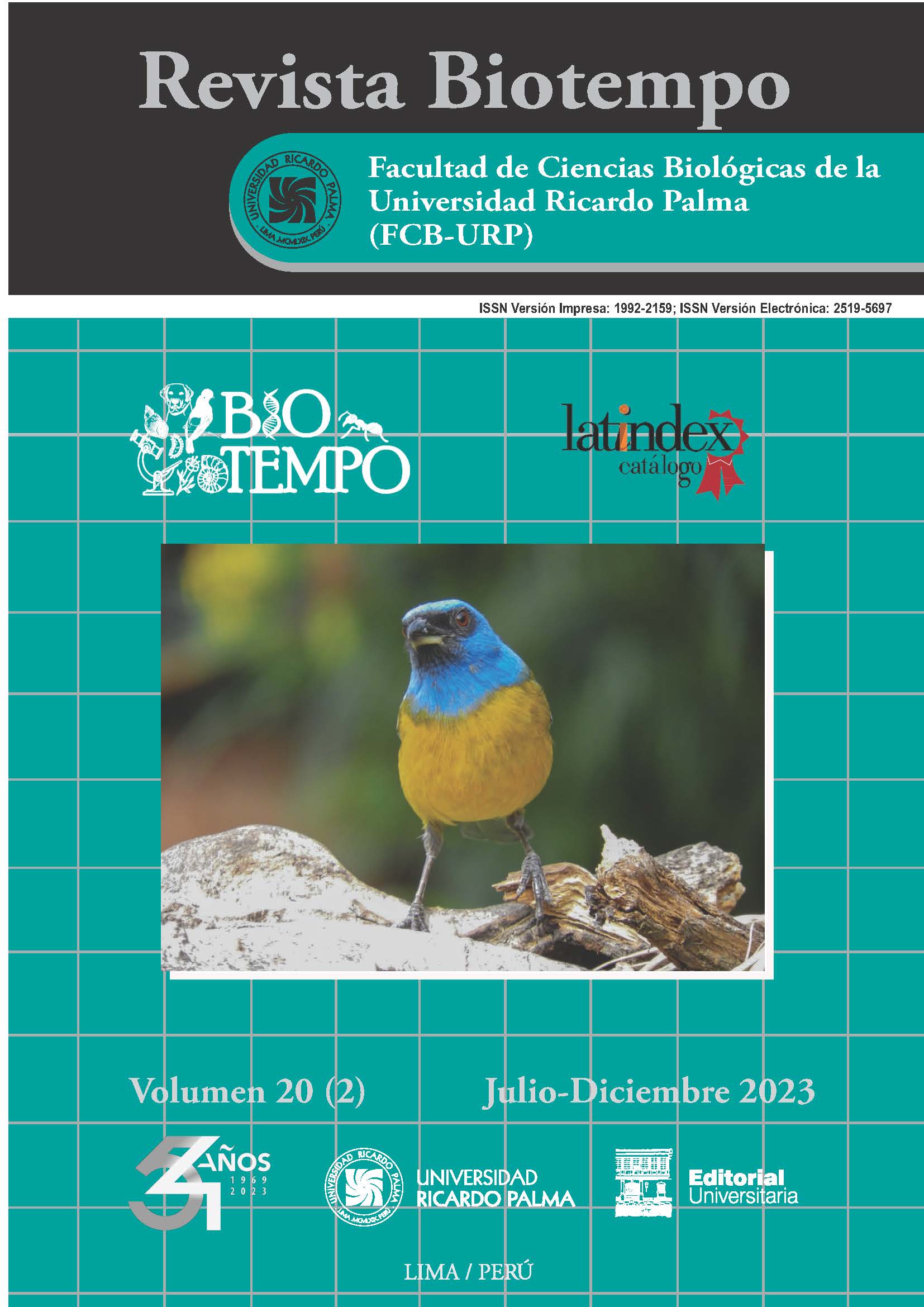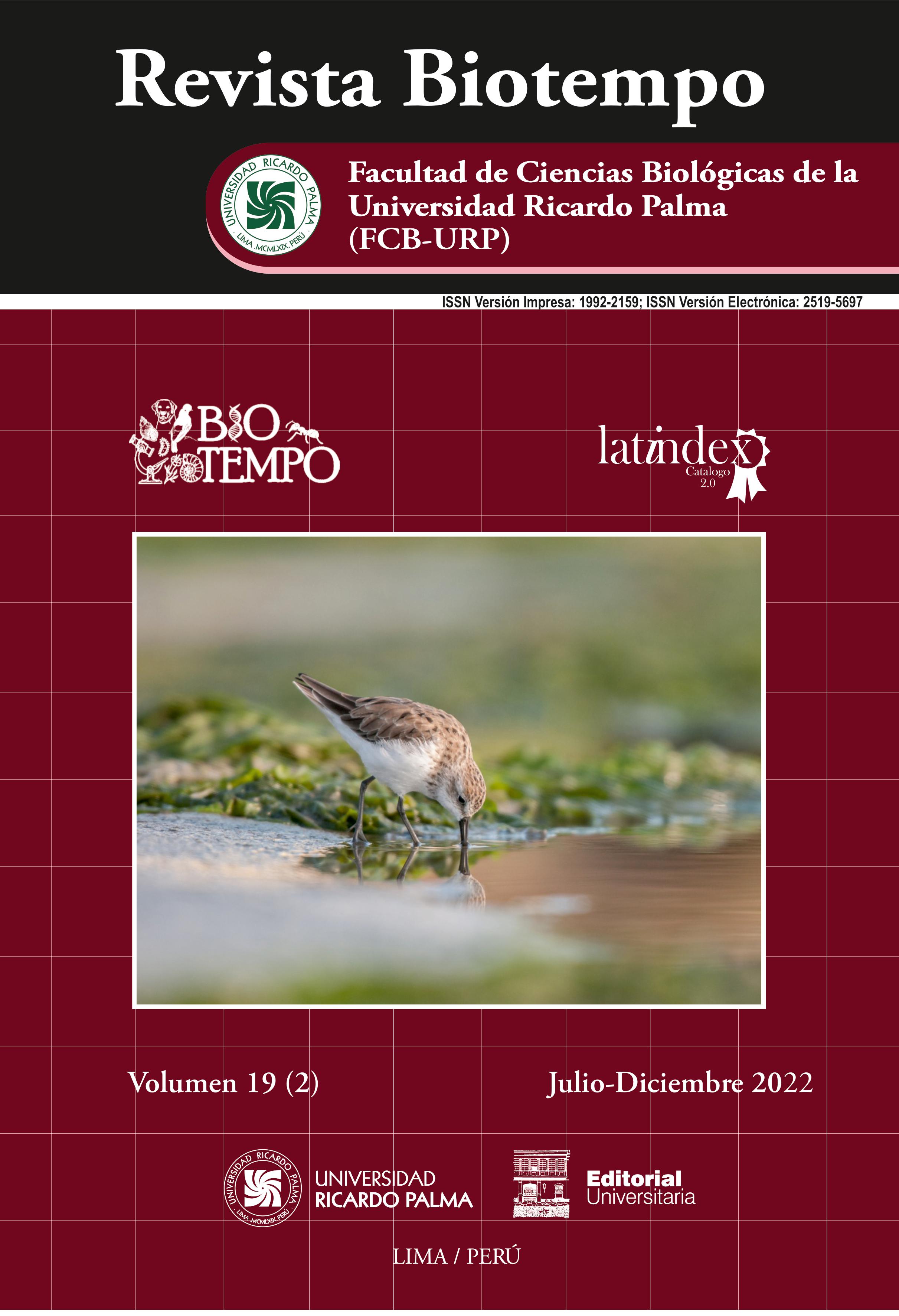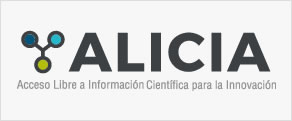Theoretical communicative transition from the mental model of teaching to the registration of software as copyright
DOI:
https://doi.org/10.31381/biotempo.v20i1.6165Keywords:
intellectual property, higher education, meaningful learning, pedagogical instruction, software managementAbstract
Th e aim was to describe the communicative theoretical transition from the mental model of teaching to the registration of software as copyright. Th e study was carried out from July to October 2023, using the workshop “Knowledge and competences in the workshop and seminars of university teaching”, which was held at the Universidad Nacional San Luis Gonzaga, Ica, Peru, as a template for the mental model. Based on the analysis of the teaching category referring to the professional process of teaching and learning, six theoretical-practical tools were conceptualized: 1st) didactic strategies, 2nd) content, 3rd) resources, 4th) activities, 5th) evaluation, and 6th) learning. A source code was created for each tool, as well as a user’s manual and a brief description of a work for its software copyright registration at the Centro Nacional de Derecho del Autor y del Artista Interprete “CENDAAI” (Ministry of Culture), Havana-Cuba. Th e copyright granted by the protection of authorship was an authentic work in a tangible form that was created based on a mental model of pedagogical instruction as a diff erentiable and active product. Considering the perspective of digital transformation in higher education, the search for information resources for learning is necessary and the copyrighted software enables this. It is concluded, that the fundamental basis for the creation and registration of software as copyright was reached with a mental model of training where the interconnected conceptual understanding enabled a unique product toward cognitive understanding.










